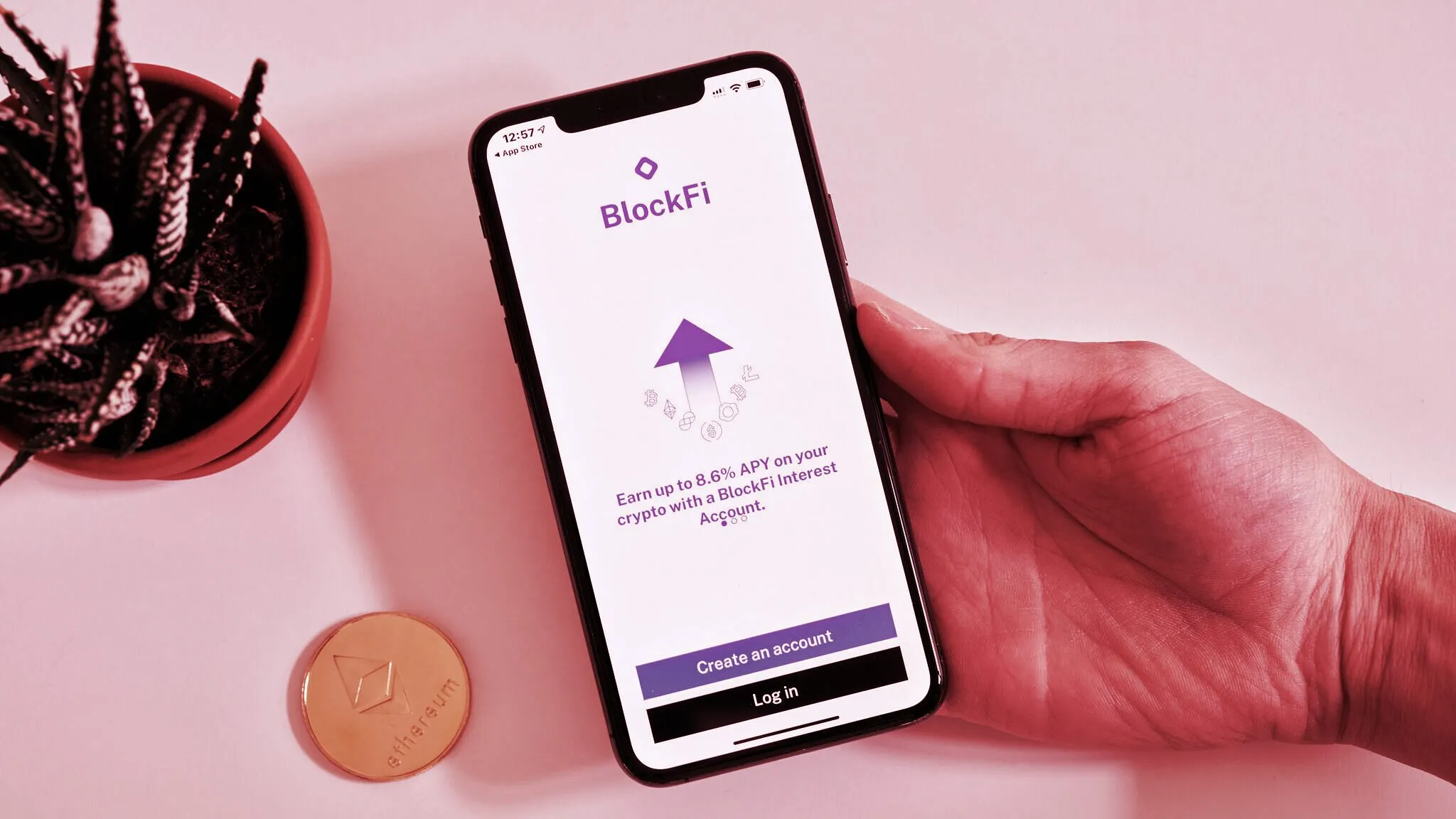
BlockFi isn't the only company that offers high-yield crypto accounts, where customers deposit crypto for the promise of high APY and the company lends out that crypto to other crypto companies for fees. Celsius, Nexo, and Eco all offer something similar. But BlockFi is the first to reach a settlement with the SEC that requires it to register its products as securities.
BlockFi on Monday confirmed a report from last week that, as part of a settlement, it will pay $100 million in fines to the SEC and 32 states. The details sound pretty grim: In addition to the fine, BlockFi must stop signing up new customers in the U.S. until the SEC says it can; it must meet the requirements of the SEC's Investment Company Act within 60 days; and it must seek to register future lending products with the SEC.
Yet to read BlockFi's version of events, this was a "landmark resolution" that, in the words of CEO Zac Prince, "is yet another example of our pioneering efforts in securing regulatory clarity for the broader industry and our clients." (Thank you, BlockFi!)
From the perspective of crypto investors who want the government to stop protecting them from making more money, BlockFi's peacocking is not unjustified. After all, when the SEC threatened to sue Coinbase for its planned Lend product, Coinbase immediately shuttered the product; BlockFi soldiered on.
What happens next will determine whether BlockFi wins in the end, but it will take months or maybe years to play out.
First, BlockFi playing nice with the SEC (because it has to) puts pressure on its peers to do the same. If BlockFi gets the SEC to approve a form of high-yield crypto lending, it will take a huge lead over competitors, who would scramble to catch up. BlockFi would look back on this settlement as a small setback on the road to victory—much like DraftKings and FanDuel, the sports betting operators that settled with the New York State Attorney General in 2016 and are now industry leaders.
One crypto project in particular can attest to how slowly the SEC moves: BlockStack, which raised $47 million in 2017 through an ICO to accredited investors, then held off on launching its token for two years until it could conduct the first SEC-approved Reg A+ token sale in 2019, when it raised another $23 million. It took another two years before the company, now called Hiro, came out and declared its Stacks (STX) token is not a security because it is sufficiently decentralized in the eyes of the SEC. Now the Stacks blockchain is heating up, but many think it lost precious time as many non-compliant rivals sailed through without holding the SEC's hand.
There's still a worst-case scenario: the SEC never approves anything close to the product BlockFi, Celsius, Nexo, and Eco want to offer. That's the scenario SEC Commissioner Hester Peirce envisions. In a statement on the SEC web site, she dissented with her colleagues on allowing the settlement, and wrote that she expects BlockFi's S-1 approval process to take "longer than it would for more traditional filings." She added that even if and when BlockFi gets its S-1 approved, it must "leap through another regulatory hoop," the Investment Company Act, and she thinks 60 days—or even 90 days if BlockFi gets a 30-day extension—is "extremely ambitious."
That doesn't sound encouraging. But all that red tape does allow BlockFi to stick to the branding that it is heroically putting in the hard work on behalf of HODLers everywhere.
This is Roberts on Crypto, a weekend column from Decrypt Editor-in-Chief Daniel Roberts and Decrypt Executive Editor Jeff John Roberts. Sign up for the Decrypt Debrief email newsletter to receive it in your inbox every Saturday. And read last weekend's column: A California Congressman Says Crypto Hurts People of Color. Huh?





